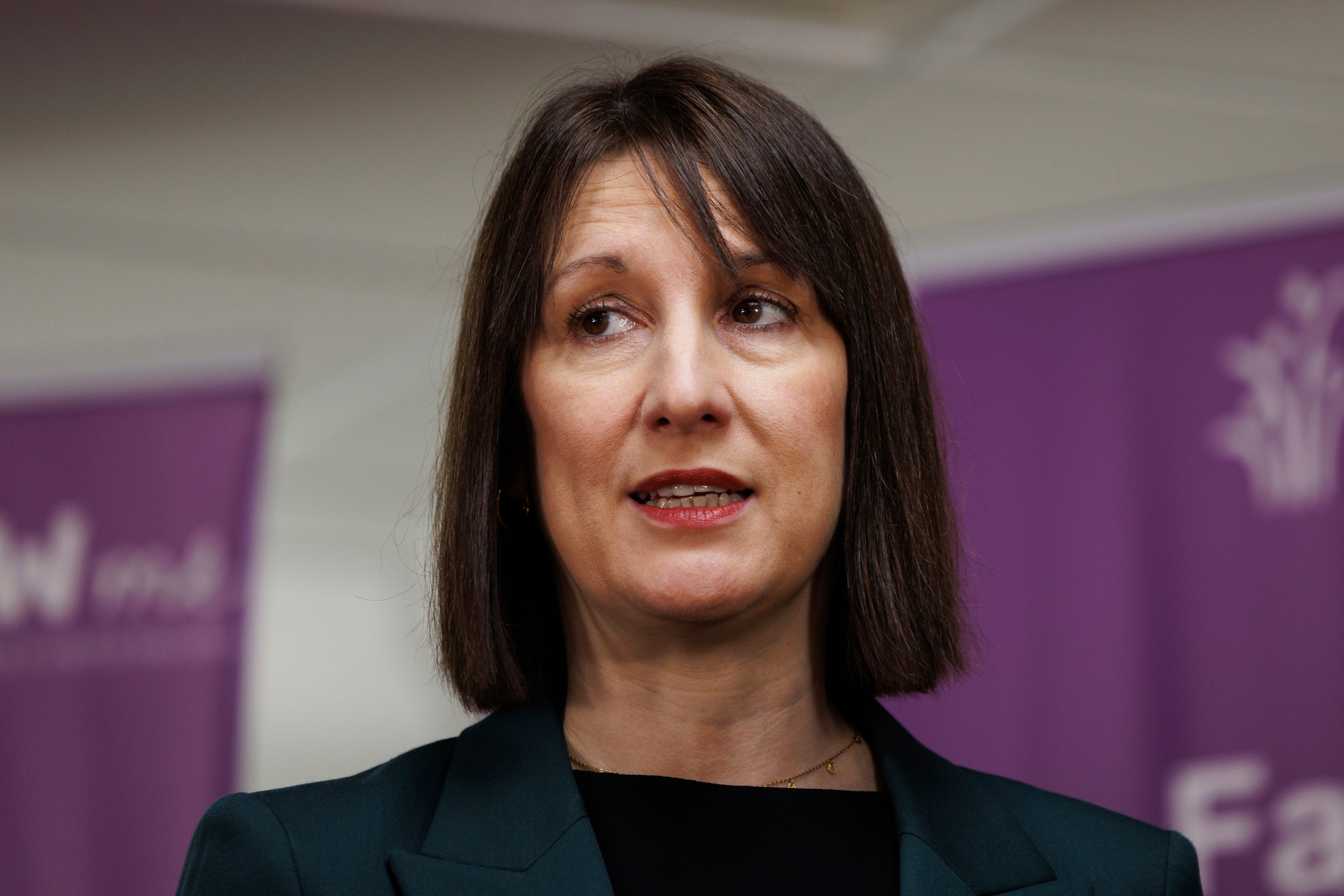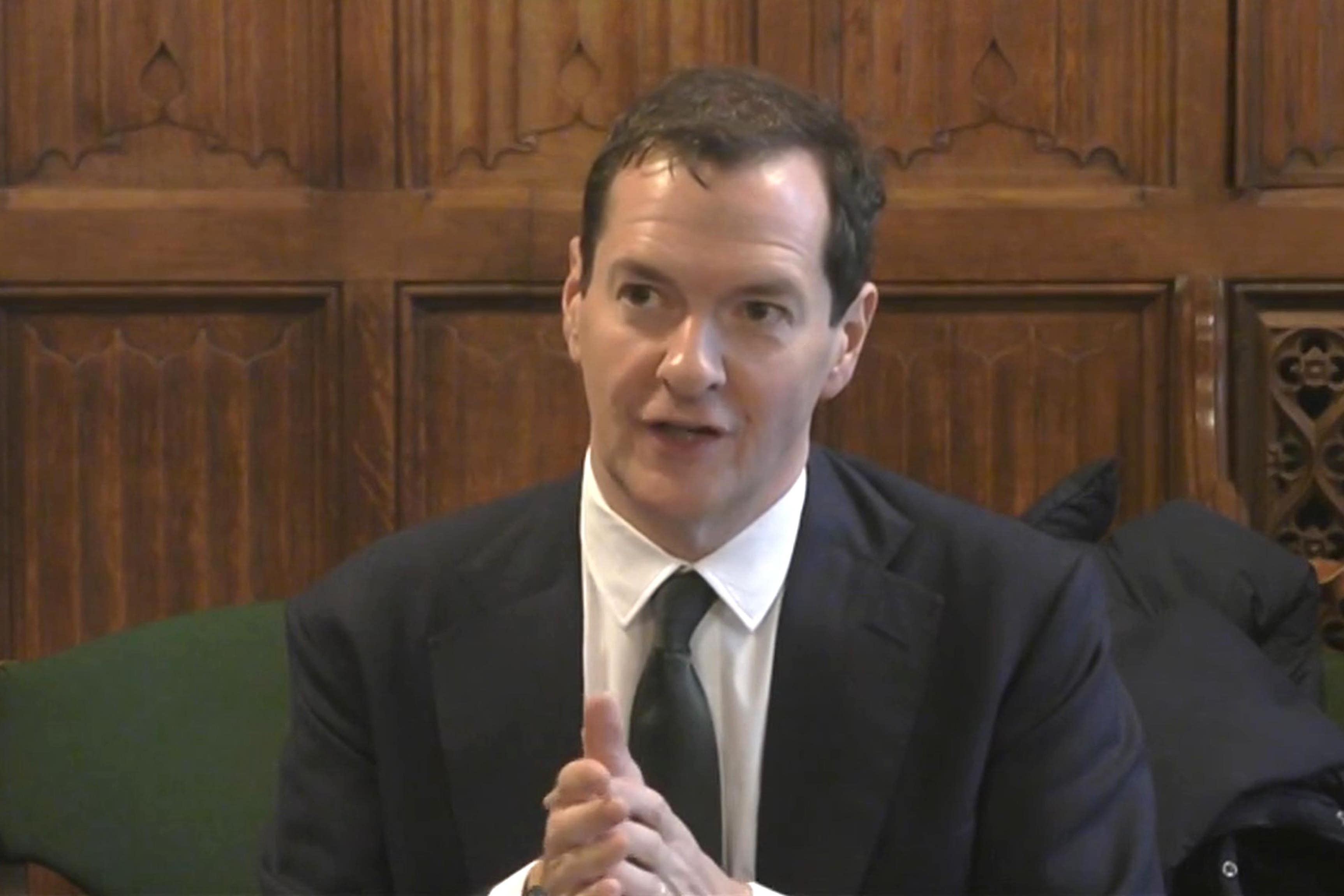Rachel Reeves has denied that she is imposing a new round of austerity after she ordered departments to find five per cent cuts as part of her spending review.
The chancellor has already raised tax by a record £40 billion in her Budget last month, causing fury among businesses over the national insurance contributions hike. Added to that she has already made swingeing cuts to tackle the £22 billion black hole she claims the Tories left behind.
Critics on the left have warned that this latest round of savings amounts to another wave of austerity, which former Tory chancellor George Osborne imposed on the country in the wake of the banking collapse.
But speaking to Matt Chorley on Radio 5 Live, Ms Reeves insisted that she is not repeating the austerity policies of Osborne.

She said: “The difference here is that we’re not asking for cuts because we’ve set real terms increases to government spending. George Osborne cut government spending. Real terms, spending will increase during the course of this parliament, but we need to drive out wasteful spending so that we can redeploy waste to productive things that government do.”
The chancellor also insisted: “I don’t like waste.”
She went on: ”The spending review has got to drive up productivity and efficiency, and it’s got to drive waste out of public services. That’s why we’ve set a 5 per cent target for all government departments to deliver, and I’ve absolutely no doubt that we can achieve that.
“That’s why we’re conducting a zero based spending review, which means looking at every line of government expenditure and judging whether it offers good value for money for taxpayers, and recognise that people are being taxed a lot at the moment, and it is vital that their money is used properly.”
But critics raised concerns that she has appointed bankers to oversee the review.
The Green Party posted on social media: “So called ‘senior bankers’ were responsible for the 2008 financial crash and continue to rake in mind blowing sums in bonuses. And that’s who Rachel Reeves has picked to tell public services to spend less money. The country didn’t vote for Austerity 2.0.”
Fire Brigades Union general secretary and former TUC president Matt Wrack said: "It's alarming that the Chancellor appears to have adopted a 'cuts driven' approach to the government's spending plans.
"The FBU wants to see any waste reduced to ensure that generous funding is made available for public services and pay.
"However, it's completely wrong to place wealthy bankers, who played a key role in the financial collapse of 2008, in charge of a review of government spending.
"Labour was elected because voters wanted an end to the decade and a half of Tory austerity, not to continue with a disastrous 'cuts driven' approach."
Downing Street also made it clear that spending will be focussed on the priorities outlined in Sir Keir Starmer’s “Plan for Change”.

The document laid out the six key milestones as priorities including raising living standards, building 1.5 million new homes, ending hospital backlogs, putting 13,000 extra police officers on the beat, helping pre-school education and securing green energy.
This means other areas including mental health, schools, the prisons crisis, getting defence spending to 2.5 per cent of GDP, and other areas not on the priority list could lose out.
This brought a warning from charities over the potential impact to services.
Brian Dow, Deputy Chief Executive of Rethink Mental Illness, told The Independent: “We simply cannot afford corners being cut on mental health in the spending review, with lengthy waits for treatment already pushing many people into crisis.
“We remain concerned that mental health is not a priority for government, and have asked for clarification that safeguards which protect mental health funding will remain in place. Failing to bolster mental health services for the future would be extremely short-sighted and counter-productive, leading to a more unwell nation and directly undermining the government’s plans for growth, as well as other commitments such as reforming the Mental Health Act.”
But defending her position, Ms Reeves said: “I had to make a number of difficult decisions when we came into office, the previous government left a £22 billion black hole in the public finances, public services were on their knees at the budget in October, I wiped the slate clean after the mismanagement and chaos of the previous Conservative government.”







